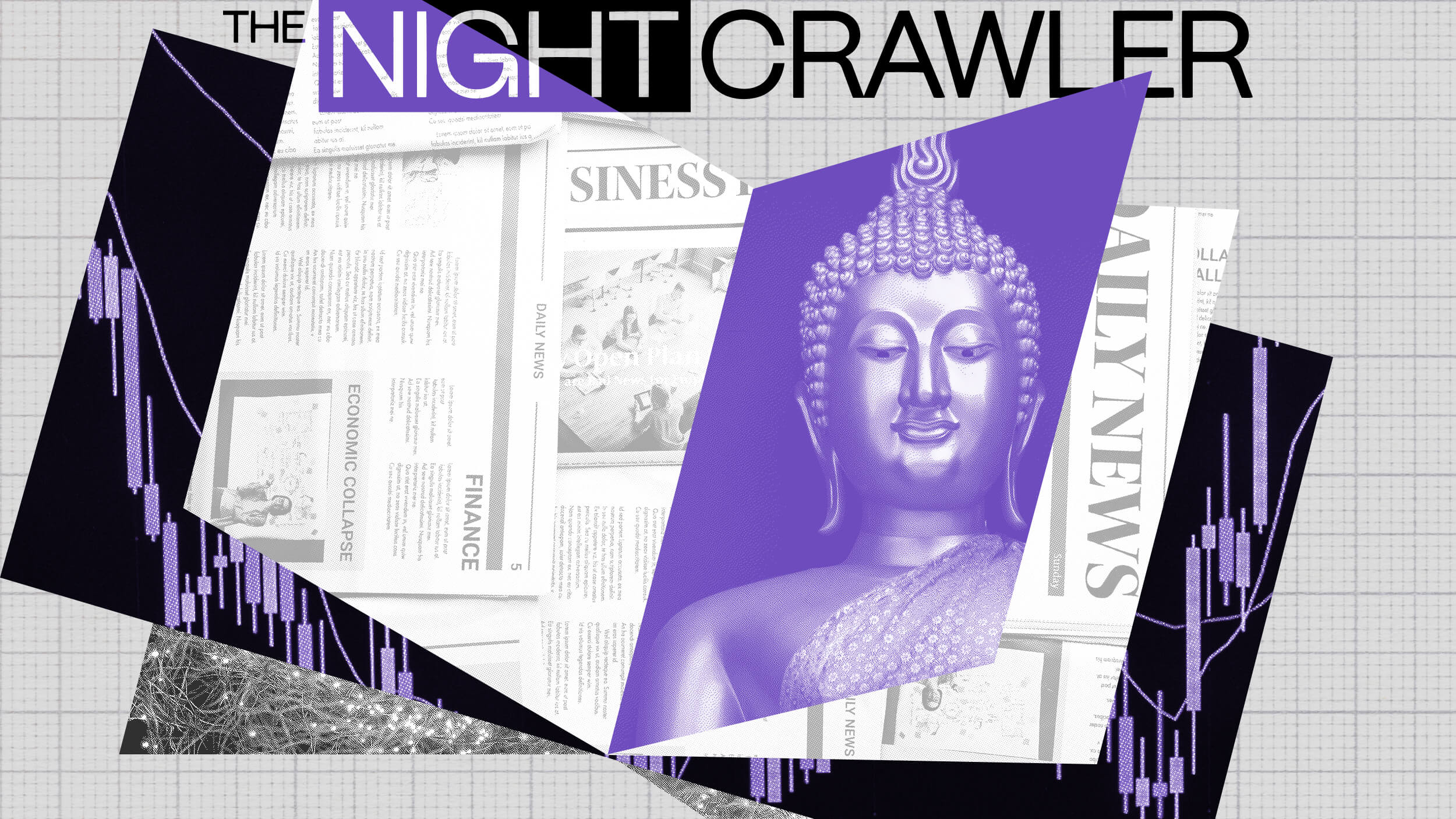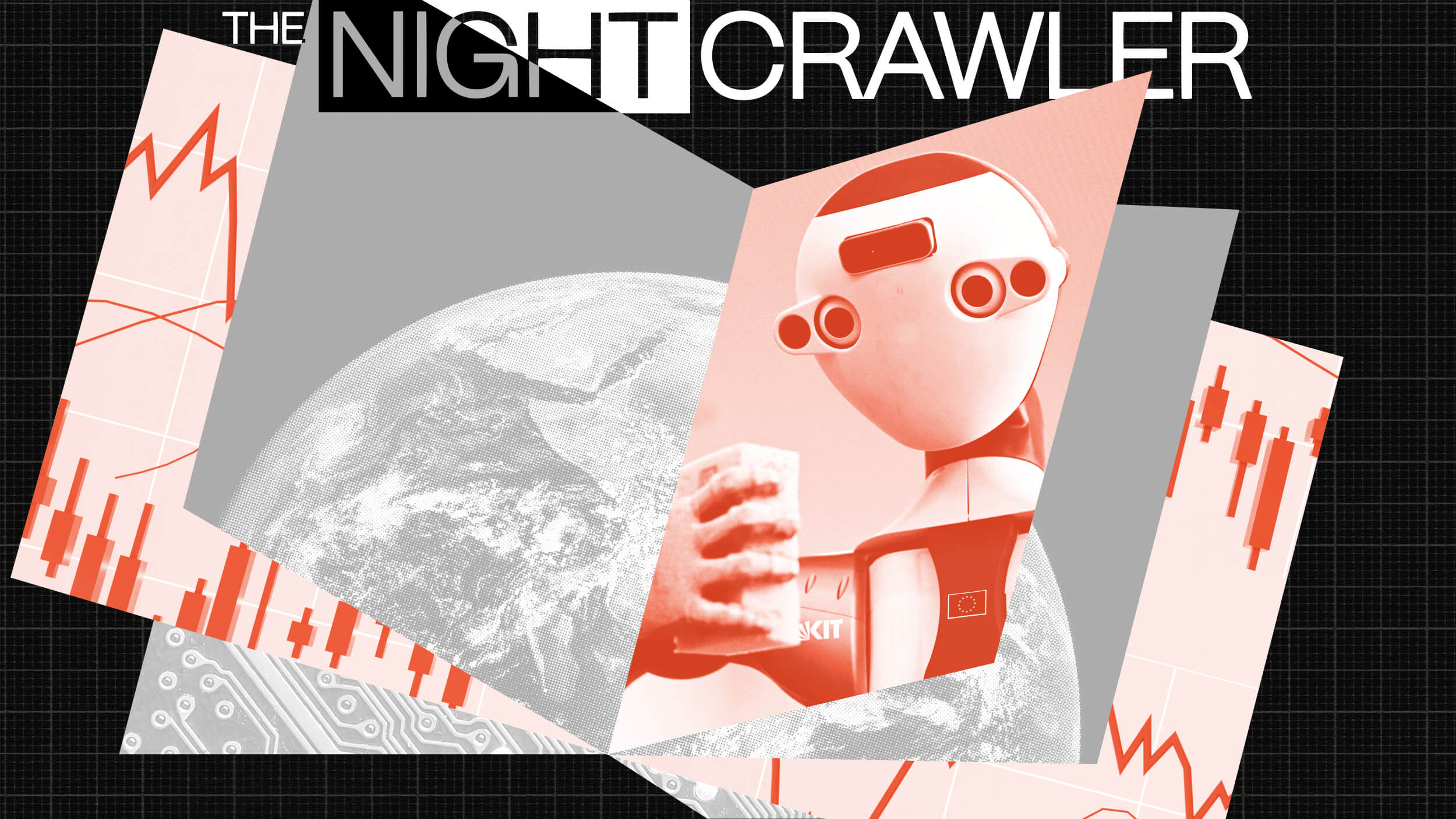When research is cheap, conviction becomes priceless

- Main Story: In a world where AI-driven research is cheap the real edge lies in judgment.
- If research itself becomes a commodity the ability to act on insights becomes more valuable than ever.
- Also among this week’s stories: The evolution of “stoats vs. hares,” the longevity of the Tsimane, and the importance of definitions.
This week, I had something of an a-ha moment: as AI-driven technologies make vast amounts of distilled information instantly accessible, the cost of research is plummeting. But paradoxically, this makes deep understanding — and the conviction that comes from it — more valuable than ever. In other words: in a world where research is cheap, the real edge lies in judgment.
This thought occurred to me as I was reading Ethan Mollick’s excellent deep-dive into OpenAI’s new Deep Research model, which was launched this week. Basically, the idea is simple: if AI can conduct PhD-level research in minutes, then research itself becomes a commodity. This makes conviction — and the ability to act on insights — more valuable than ever.
Key quote: “A hint to the future arrived quietly over the weekend. For a long time, I’ve been discussing two parallel revolutions in AI: the rise of autonomous agents and the emergence of powerful Reasoners since OpenAI’s o1 was launched. These two threads have finally converged into something really impressive — AI systems that can conduct research with the depth and nuance of human experts, but at machine speed. OpenAI’s Deep Research demonstrates this convergence and gives us a sense of what the future might be. But to understand why this matters, we need to start with the building blocks: Reasoners and agents.”
Who will carry the torch of Warren Buffett’s wisdom?
Warren Buffett’s investment acumen (and performance) is legendary, but his true legacy may be even more valuable — the mindset he instilled in a generation of investors. Yet today, we’re at a crossroads. His mental models were built for a different era — before the internet, before AI. As the landscape shifts beneath our feet, corporate fragility is rising. And the old frameworks may no longer offer a clear path forward.
Tom Morgan of The Leading Edge explores this shift in a fascinating new essay. He frames legacy capitalism as a battle of “stoats vs. hares” — where aggressive players consume weaker, unprepared businesses.
But the dynamic, Tom argues, is evolving. True resilience is no longer just about dominance. It’s about adaptability, intuition — and potentially a deeper form of intelligence: real wisdom. It’s one of my favorite pieces in recent memory — a must-read for anyone rethinking the future of investing.
Key quote: “It’s optimistic to think that the hares will always outrun the stoats, especially now. But dynamic quality is more resilient in the long term; these businesses have a higher probability of weathering unexpected crises. And this may fall on the deaf ears of older capitalists, but it also increases the likelihood of doing the right thing. The win-win from the pursuit of quality will extend to your own life, because it makes you wiser. And to cite a powerful recent study, “wisdom has a greater influence on life satisfaction in older adulthood than health, socioeconomic status, financial situation, environment, or social engagement.” We won’t collectively transcend Buffett’s legacy by being smarter stoats, we’ll do it by being wiser hares.”
A few more links I enjoyed:
Hearts and Brains – via Aeon
Key quote: “Is atherosclerosis a modern affliction, or has it plagued humanity since ancient times? Ben Daitz examines this question in his Aeon piece about the Tsimane Health and Life History Project, a decades-long study of the Tsimane, an Indigenous tribe living in the Bolivian Amazon. The findings among this foraging population of 17,000 people are remarkable: the Tsimane exhibit virtually no heart disease, lower rates of dementia, and minimal cognitive decline among their elders. Daitz offers a fascinating look into this groundbreaking research — conducted by an international team of anthropologists, cardiologists, geneticists, neurologists, geriatricians, and radiologists — and illuminates the connections between lifestyle, cardiovascular and cognitive health, and longevity.”
How to Invest for a Post-AGI World – via Nick Maggiulli
Key quote: “If you want to go deep into a skill that AI won’t replace, develop a sense of taste and curation in your chosen field. Know when to recognize greatness and how you can use that skill to add value for others. This can be true with writing, design, food, and much more. AI will never replace Rick Rubin, so become your own Rick Rubin.”
Graham Duncan: Talent Whisperer – via Colossus
Key quote: “One aspect is that I have that analogy of a river with two banks. One is order and the other is chaos. And you start off your career closer to order and sometimes you swim closer to chaos over time. It’s like a developmentally appropriate stage of being an intern and learning a craft and apprenticing and all that stuff where you’re not really often that in touch with what you actually want. You’re just playing the game the way other people have defined it.”
From the archives:
“Creativity” – via Dr. Richard Hamming (1995)
Key quote: “Creativity, originality, novelty, and such words are regarded as ‘good things,’ and we often fail to distinguish between them — indeed we find them hard to define. Surely we do not need three words with exactly the same meaning; hence we should try to differentiate somewhat between them as we try to define them. The importance of definitions has been stressed before, and we will use this occasion to illustrate an approach to defining things, not that we will succeed perfectly or even well.”




